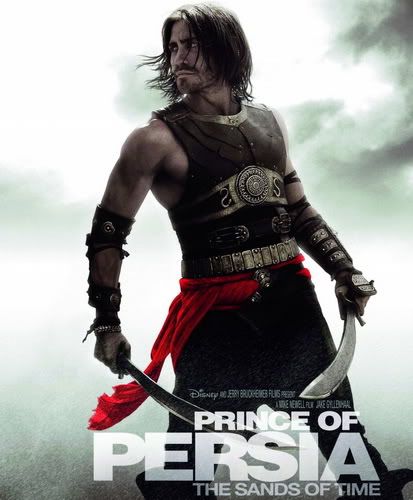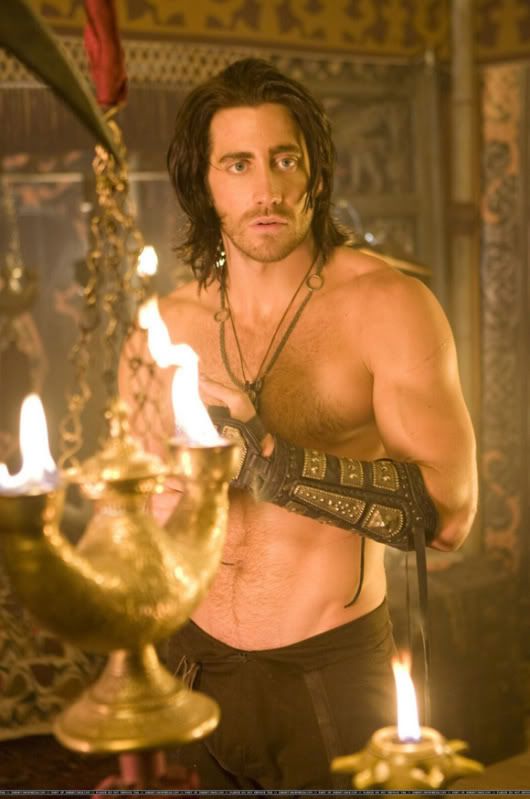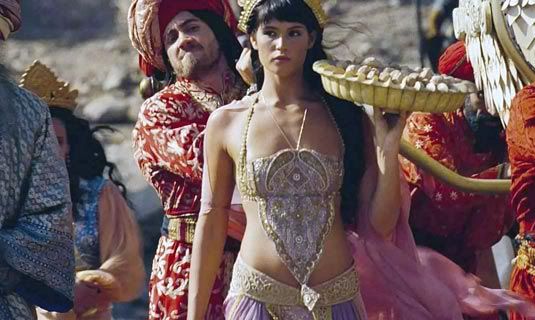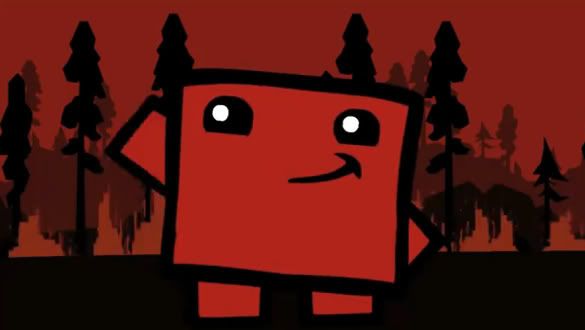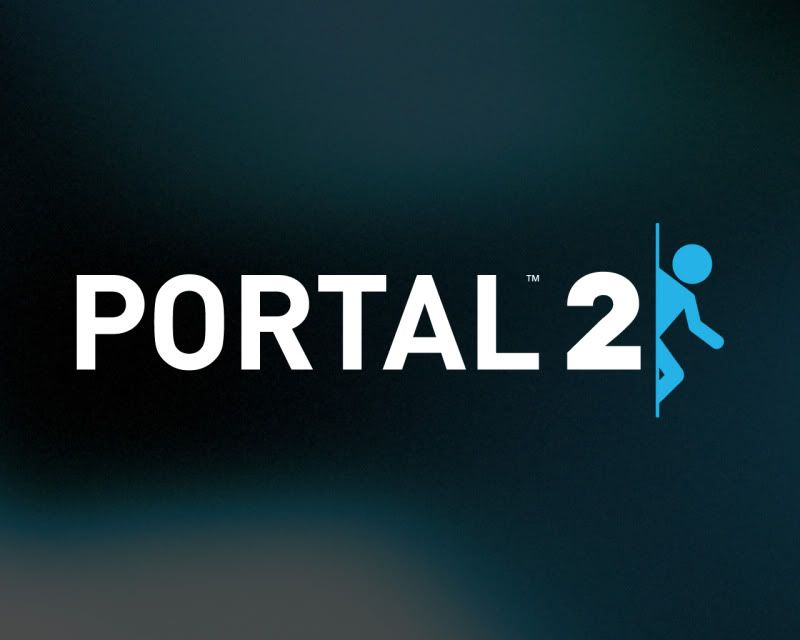
Oh.
It’s you.
It’s been a long time. How have you been?
I’ve been really busy being dead. You know? After you murdered me?
I didn’t feel I could open a review of Portal 2‘s single player campaign any other way. When the original game was released as a supplemtary portion of Valve Software’s Orange Box, nobody expected it would become the phenomenon of a video gaming generation. Everybody loved it, even critics notoriously hard to please. When a sequel was announced, fans were jubilant at the prospect but also feared it. Would it be a game every bit as bold as the original, or would it just be more of the same, sacrificing innovation for name recognition in the infamous tradition of Bioshock 2?
Let it not be said that Valve does not innovate. Sure, some of the levels in Portal 2 have a familiarity to them for fans of the first game. But things have definitely changed. One of Valve’s programmers said that Portal was the test bed while Portal 2 would be an actual game. It certainly feels that way. Portal 2 has a lot of depth to it, both figuratively and literally.
The figurative depth comes in the aforementioned innovations. There are deadly lasers (“Thermal Discouragement Beams”), bouncy things (“Aerial Faith Plates” and “Repulsion Gel”) and new types of cubes. Some of these changes don’t alter the nature of play all that much, while others make for some truly interesting puzzles. More than once I found myself standing in a test chamber wishing I had just a little repulsion gel to work with. Instead, I had to figure out how to replicate the gel’s use or solve the puzzle a different way. And any addition that allows a player to think more critically is a good one.
As for the literal depth… well, that brings me to the subject of the campaign’s story, which I will not spoil here. Let me see if I can sum up the bullet points without giving anything away. You will learn more about Aperture Science’s history and philosophy. You will learn more about how Chell changed things in the first game. You will discover a rather chilling secret about the Enrichment Center. And you will, in fact, be reunited with GLaDOS, but not necessarily in the way you may expect.
I find myself wanting to play the single player campaign again. Other than knowing I missed an achievement or two, I feel there are story points I might have missed, would like clarified or simply wish to experience again. I laughed a lot, I found myself thinking about the ramifications of what I was seeing or hearing, and I was touched, disturbed and (naturally) frustrated. When things reached the end, I was sitting back and smiling, not because I’d finished a video game, but because the ending showed me what it means to have your antagonist be more than just a final boss. I need to stop myself before I give any further spoilers.
Play the game, find out for yourself.
Stuff I Liked: The new gimmicks, gizmos and gels introduced. The spit-shine put on the environments, characters, sounds and other design elements. The fact that the story felt coherent, well-plotted and constantly building.
Stuff I Didn’t Like: It went on sale not long after my download. I could have used that money.
Stuff I Loved: Every single voice actor. The excellent use of incidental music. The characterization of GLaDOS, Wheatley and others. The religious turret. The way it left me wanting more. The way it made me laugh. The way it didn’t let me down.
Bottom Line: If you haven’t already picked the game up, even if you’re strapped for cash, find a way to add Portal 2 to your collection. Yes, the campaign is short, but the story is so good, the puzzles sufficiently challenging and the gameplay so much fun that you won’t mind the briefness of a game that still has the good taste not to wear out its welcome.
Final Note: I will cover the co-op campaign seperately once I find someone willing to plow through it with me. You can find my Steam ID under Stalking Methods.



